The Serengeti National Park in northern Tanzania is one of Africa’s most iconic safari destinations, known for its breathtaking savannahs, diverse wildlife, and the legendary Great Migration. Spanning nearly 14,700 square kilometers, the park is divided into distinct regions, each offering a different face of the wild. From the predator-rich plains of Seronera to the remote eastern kopjes, every corner of the Serengeti tells a unique story of life and survival on the African plains.

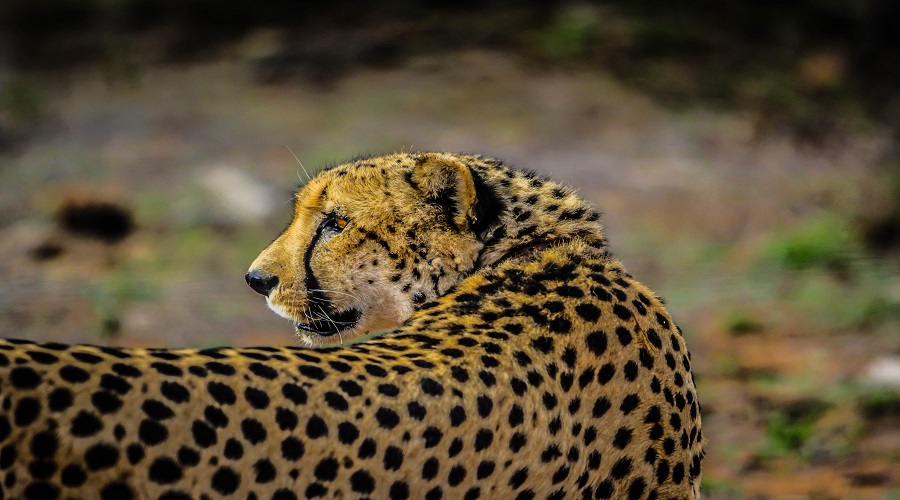
The heart of the park, Central Serengeti—often called the Seronera Valley—offers year-round wildlife viewing unmatched in Africa. The Seronera River sustains lions lounging on granite kopjes, leopards draped in sausage trees, and cheetahs scanning the plains. With excellent lodges and camps nearby, it’s the perfect base for first-time visitors. Sunrise balloon safaris over the valley reveal herds of elephants and giraffes in golden light.
Best: All Year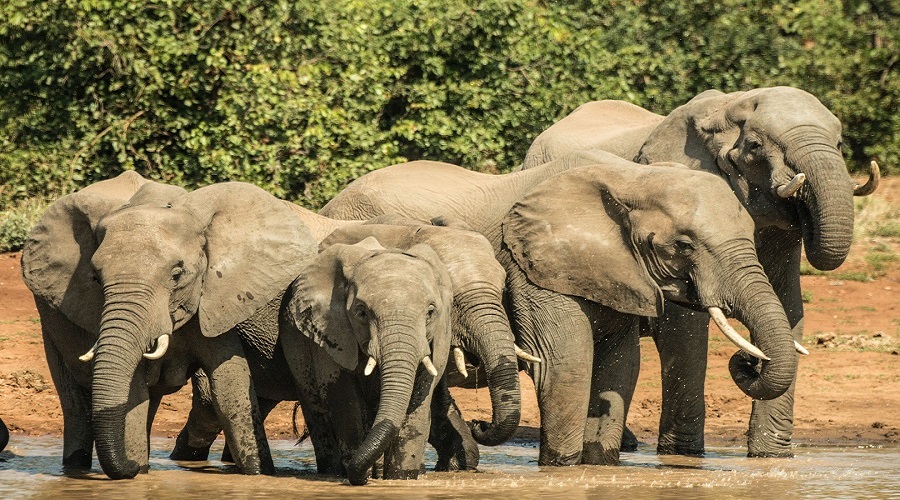
The Northern Serengeti stretches to the Mara River, hosting the dramatic Mara River crossings from July to October. Over a million wildebeest and zebras plunge into crocodile-filled waters in one of nature’s greatest spectacles. Rolling hills and open woodlands support large predator populations. Less crowded than central areas, it offers exclusive camps and a true wilderness escape.
Best: Jul – Oct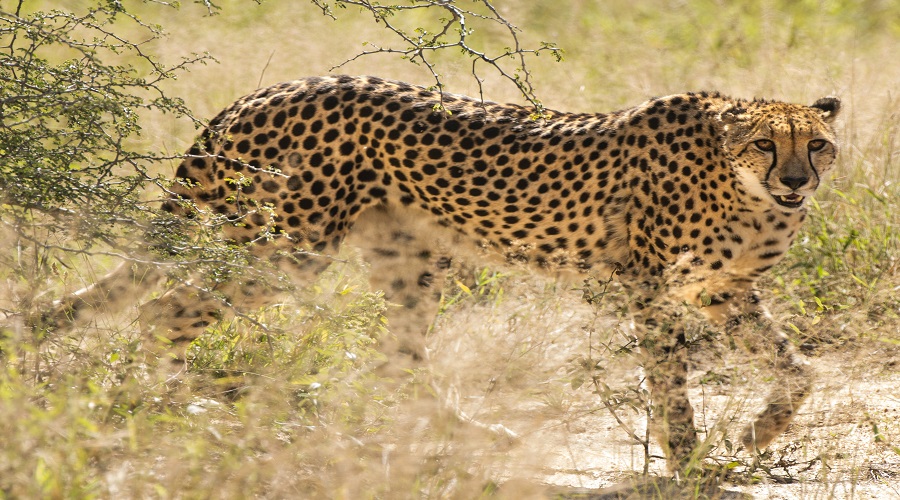
The Western Corridor follows the lush Grumeti River toward Lake Victoria. From May to July, migrating herds gather for Grumeti River crossings, where massive Nile crocodiles ambush wildebeest. Riverine forests shelter colobus monkeys and hippos. Private lodges offer guided walks and sundowners by the water, blending adventure with serenity.
Best: May – Jul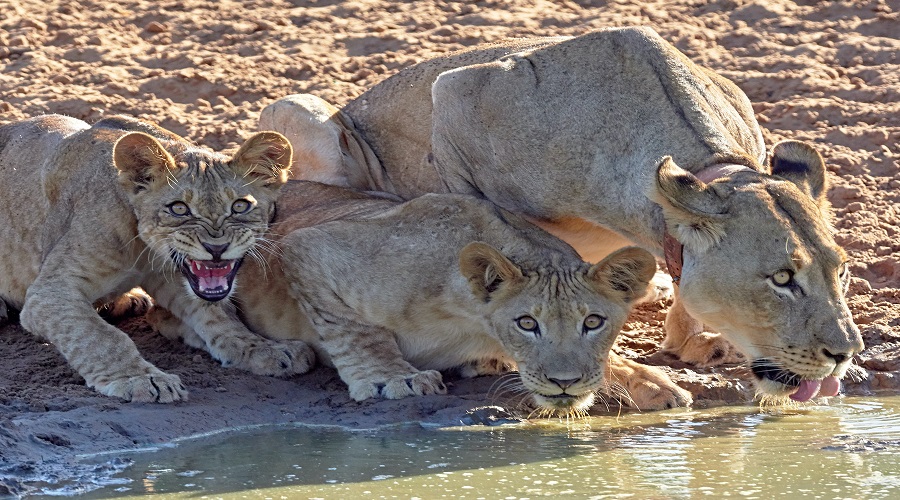
The Southern Serengeti, including the Ndutu plains, is the birthing ground of the Great Migration. From December to March, over 500,000 wildebeest calves are born, drawing lions, hyenas, and cheetahs in dramatic predator-prey action. Vast open vistas are ideal for photography. The area borders Ngorongoro Conservation Area, making it perfect for combined itineraries.
Best: Dec – Mar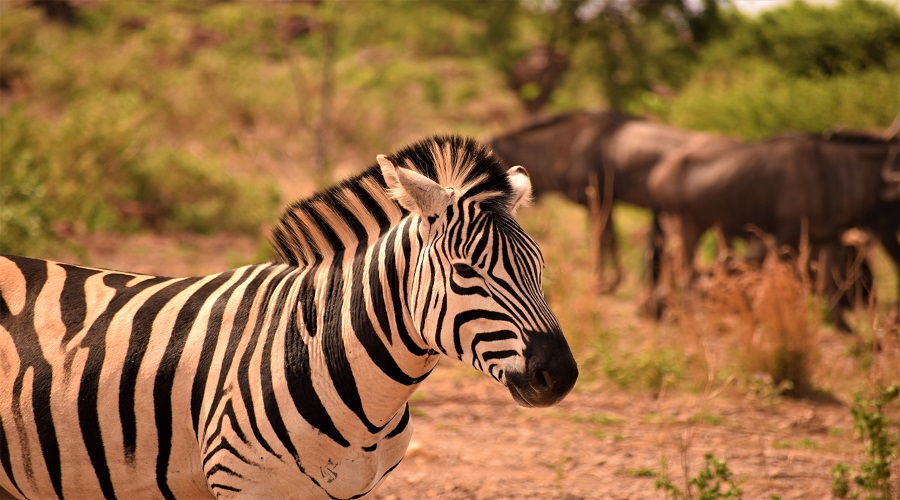
Remote and rarely visited, the Eastern Serengeti features golden hills and rocky kopjes. It’s a hotspot for cheetah sightings and offers profound solitude. During calving season, predators follow young herbivores across the plains. Ideal for seasoned travelers seeking untouched wilderness and off-grid photography.
Best: Jan – Apr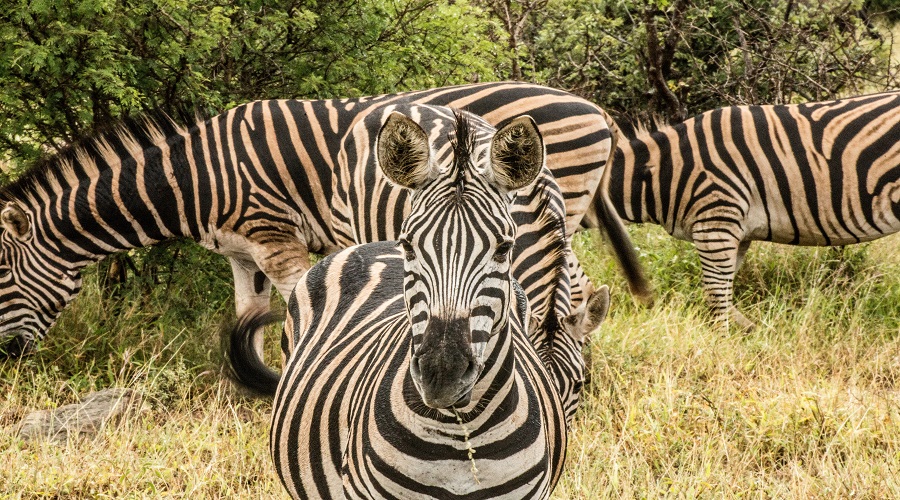
Adjacent to the park, the Grumeti and Ikorongo Game Reserves form critical wildlife corridors. Private concessions allow walking safaris, night drives, and horseback riding—activities not permitted in the main park. The Grumeti River supports hippos and crocodiles. Luxury lodges here support conservation and local communities.
Best: Jun – Oct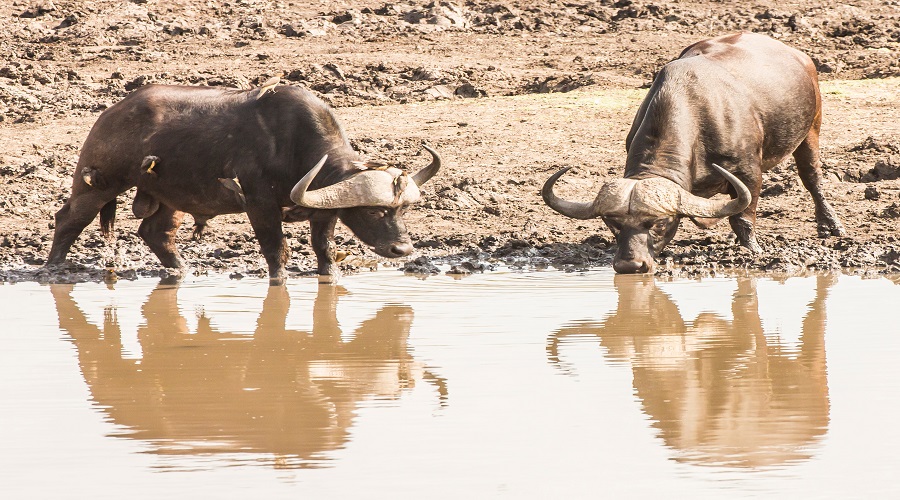
South of the park, Maswa Game Reserve acts as a buffer zone during the rainy season. Herds move here for fresh grazing, with fewer vehicles ensuring intimate game viewing. Community-based conservation models benefit local villages. A peaceful, sustainable extension of the Serengeti experience.
Best: Nov – May
In the far north, the Lobo Hills and Lamai Triangle feature dramatic granite ridges and multiple Mara River viewpoints. Resident lion prides, leopards, and elephants thrive year-round. Scenic and isolated, it’s a photographer’s paradise even outside migration season.
Best: Jul – OctEach region offers a unique safari rhythm:
| Region | Main Highlights | Best Time | Ideal For |
|---|---|---|---|
| Central Serengeti | Year-round game, predators, river | All year | First-timers, photographers |
| Northern Serengeti | Mara River crossings | Jul – Oct | Migration fans |
| Western Corridor | Grumeti croc attacks | May – Jul | Drama seekers |
| Southern Serengeti | Calving, predator action | Dec – Mar | Nature lovers |
| Eastern Serengeti | Cheetahs, solitude | Jan – Apr | Offbeat explorers |
Combine Central + North for the ultimate Migration experience.
Get Custom Itinerary WhatsApp Expert